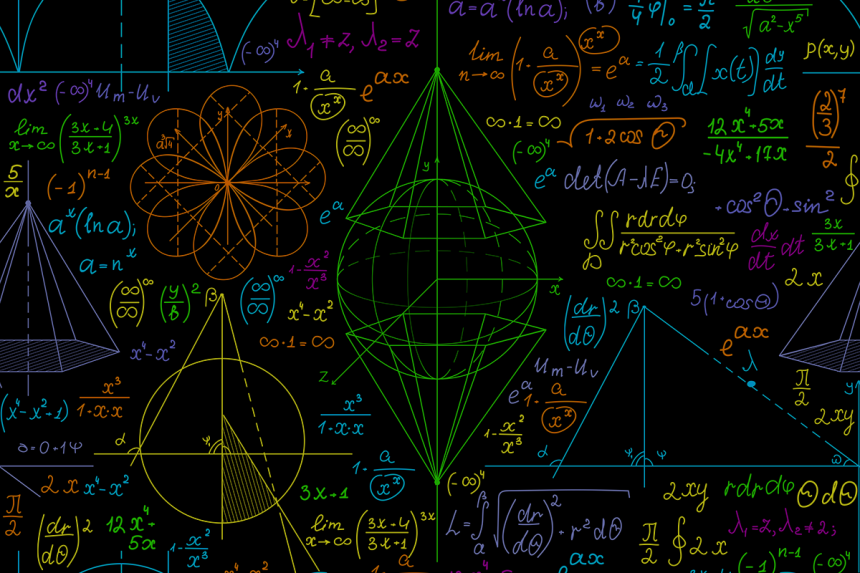Artificial intelligence has made remarkable strides in mathematics, tackling olympiad-level questions and producing groundbreaking proofs in areas like geometry. However, a newly introduced benchmark, FrontierMath, has revealed critical weaknesses in AI’s ability to navigate the complexities of higher-level mathematical reasoning.
Developed by a team of over 60 mathematicians from top institutions, FrontierMath redefines the standard for evaluating AI’s mathematical prowess. Unlike previous assessments such as the GSM8K dataset or the International Mathematical Olympiad, this benchmark moves beyond high school-level problems and ventures into modern mathematical research. A key focus of FrontierMath is eliminating data contamination, where AI models inadvertently train on problems they later encounter in evaluations, thereby compromising the reliability of past results.
To uphold its credibility, FrontierMath adheres to strict criteria. Each problem is designed to be entirely original, ensuring AI systems must engage in real problem-solving rather than pattern recognition. Additionally, the benchmark minimizes the effectiveness of guessing, keeps problems computationally feasible, and ensures solutions are easy to verify. A rigorous peer-review process further bolsters the benchmark’s reliability, making it a critical tool for assessing AI’s reasoning capabilities.
Early results paint a stark picture: current AI models solved fewer than 2% of the problems in FrontierMath. This vast performance gap highlights how far AI still lags behind human mathematicians, especially in areas requiring creativity, abstraction, and deep insight. Unlike conventional computational tasks, these problems demand a level of reasoning that AI has yet to master.
Although FrontierMath’s extreme difficulty makes it challenging to use for comparing today’s AI models, its creators argue that it will serve as an invaluable benchmark for future advancements. As AI systems improve, this dataset will help researchers measure true progress in mathematical reasoning and problem-solving.
FrontierMath also marks a paradigm shift in AI evaluation. Earlier assessments relied on established datasets and well-structured questions, while this benchmark emphasizes problems requiring original thought and deep reasoning—qualities that remain inherently human in mathematics.
As researchers tackle the shortcomings exposed by FrontierMath, the benchmark is poised to play a vital role in the evolution of AI-driven mathematics. By highlighting current limitations and setting a roadmap for improvement, FrontierMath challenges AI to push beyond its current capabilities and explore new frontiers in mathematical discovery.





